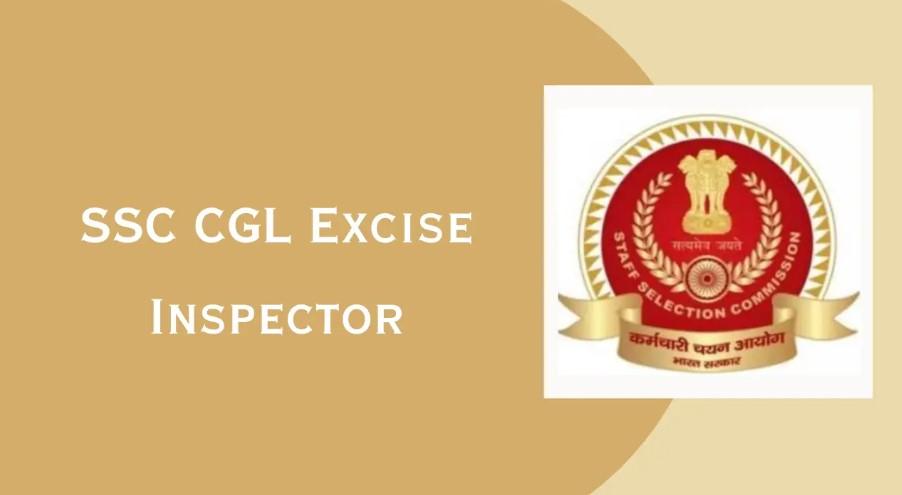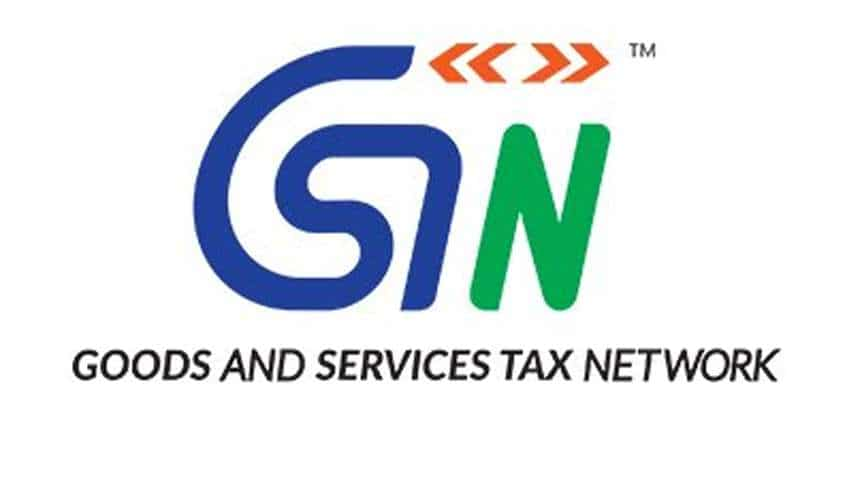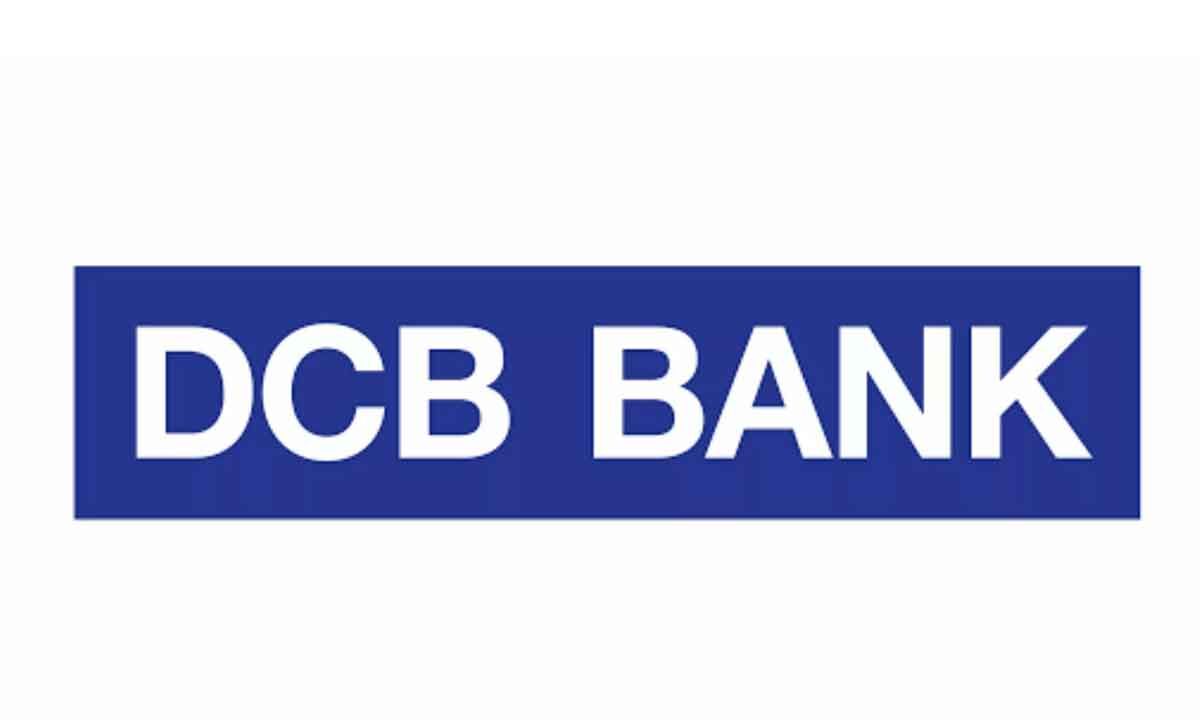The Central Board of Indirect Taxes and Customs (CBIC) will ensure that the growing number of GST audits meant to improve the quality of GST returns filed does not become burdensome to businesses, the board’s chairman Vivek Johri said.
The Central Board of Indirect Taxes and Customs (CBIC) will ensure that the growing number of GST audits meant to improve the quality of GST returns filed does not become burdensome to businesses, the board’s chairman Vivek Johri said.
Audit of the books of accounts and other key documents of businesses under GST law has picked up momentum, with CBIC gearing up its compliance management efforts, after having given extra time for filing annual returns during the covid period and liberalizing the norms relating to annual returns and reconciliation statements for small businesses.
In an interview, CBIC chairman Vivek Johri said that with GST about to complete five years, the effort is to get departmental audit completed for the initial period. “We have to complete audits for the first two years (of GST) as quickly as possible as a compliance management strategy,” Johri said, adding that GST return filing has improved significantly and that audits are meant to ensure the quality of the data reported.
“We will also make sure audits do not get prolonged and are not burdensome to taxpayers in terms of submission of documents, etc. We will be mindful of this, and if need be, more instructions will be issued,” Johri said.
Audit of companies by GST authorities is in addition to the GST audit that firms, barring the small ones, do and is a key element of the tax authority’s tool kit. In recent months, tax professionals reported an increase in the number of businesses seeking advice on issues arising from departmental audits. They said that in many cases, an audit is triggered by the mismatch between the automatically generated return of purchases of raw materials and services and the tax return showing a summary of transactions based on which tax is paid by a firm.
GST audits are deeper than scrutiny, a desk job which entails seeking information and documents. An audit involves visiting the premises of business after giving sufficient notice and inspecting documents, including audited financial statements, income tax returns, stock registers, production records and details of customers and suppliers. If the audit leads to the detection of any short payment of tax, a notice can be issued, but it has to be served within a specified time, depending on circumstances.
There is a general rise in GST audits. Currently, the audits are focused on verification of credit that was transitioned from previous regimes. However, some audits are also picking up interpretational issues such as classification and the applicable rate of duty, input tax credit admissibility, etc.


















